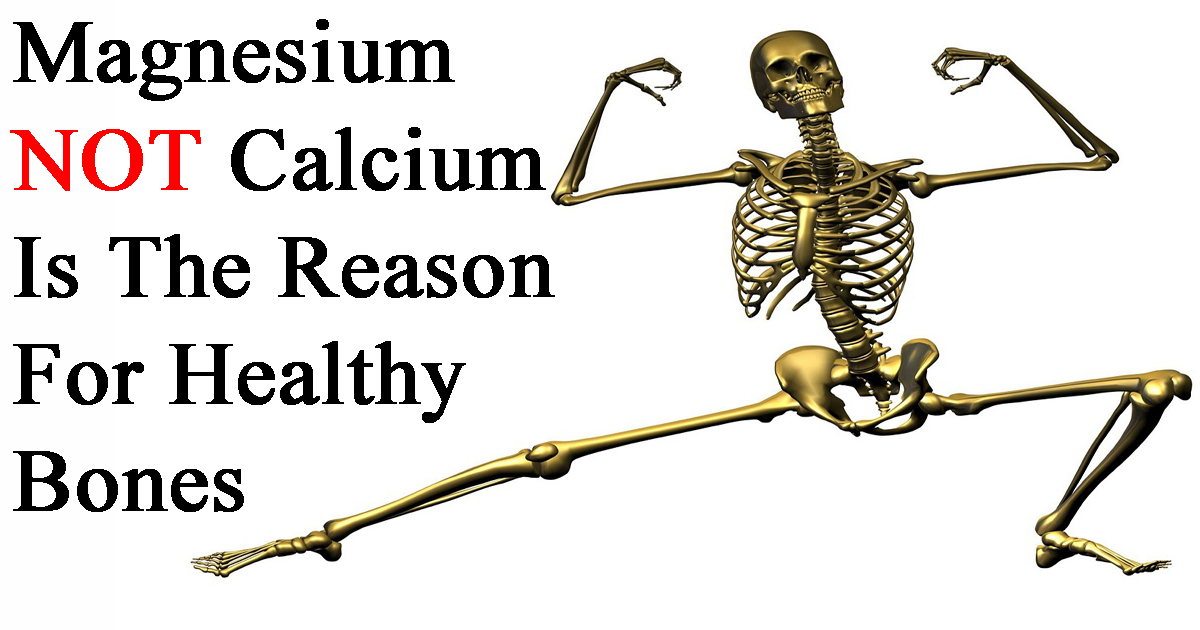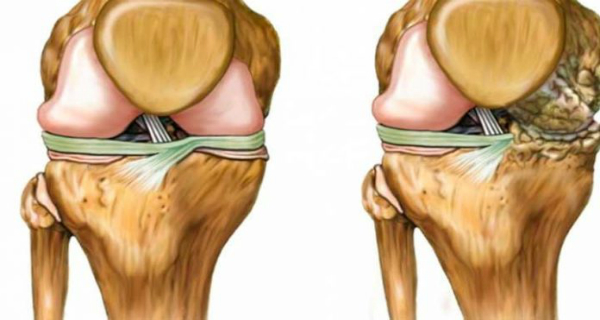All of us were taught that we need to intake a lot of calcium in order to have healthy bones, but the truth is a bit different. Calcium is just one of the minerals our body needs for building strong bones.

Our body needs a lot of magnesium and not so much calcium to create sound bones amid adolescence shows new research from Pediatric Academic Societies (PAS) yearly group in the USA.
Calcium and Bones
For a long time, scientists thought that calcium is the only supplementation that helps in the creation of strong teeth and bones, and there were a lot of studies about it.
A 2004 research showed that persons who had excess calcium in their coronary artery, and who took statins, have a 17-fold bigger danger of heart attacks than people with lower blood vessel calcium levels; scientists thought that the two most authoritative pointers of heart attacks were LDL levels and calcium build-up.
Another research from 2007 showed that calcium from dietary sources has better consequences for bone wellbeing than calcium from supplements in postmenopausal women (Am J Clin Nutr 2007).
A research from 2008 showed calcium supplements are linked to a more noteworthy number of heart attacks in postmenopausal women (BMJ 2008).
A meta-analysis from 2010 showed calcium supplements (without coadministered vitamin D) are connected with increased danger of heart attacks (BMJ 2010).
National Osteoporosis Foundation stated next: “People who get the recommended amount of calcium from foods do not need to take a calcium supplement. These individuals still may need to take a vitamin D supplement. Getting too much calcium from supplements may increase the risk of kidney stones and other health problems.”
When it comes to store-bought calcium, a major part of supplements contain calcium carbonate, which is the secondary type of calcium, which cannot enter the cells. Same goes for pasteurized dairy items because the purification preparation just makes calcium carbonate.
Magnesium and Bones
There are several studies regarding magnesium and bone structure, and new information from Professor Steven Abrams and his partners from Baylor College of Medicine in Huston found that magnesium is deserved for healthy bones.
“Dietary magnesium intake may be an important, relatively unrecognized, factor in bone mineral accretion in children,” – the researchers discovered.
“Lots of nutrients are key for children to have healthy bones. One of these appears to be magnesium,” reported Abrams. “Calcium is important, but, except for those children and adolescents with very low intakes, may not be more important than magnesium.”
All the researches done on this topic brought the same result – magnesium can be helpful when it comes to bone quality.
Magnesium and Supplementing
Recommended Daily Allowance (RDA) for magnesium is 350-400 mg every day, even though for ideal levels, you will need as much as twice that sum.
The best thing to do is to take your magnesium in isolated dosages, with meals or on an empty stomach. You can add Epsom salts to your baths and it will go through your skin and into your organism. Also eat green leafy veggies, or seeds and nuts since they are full of magnesium.




















